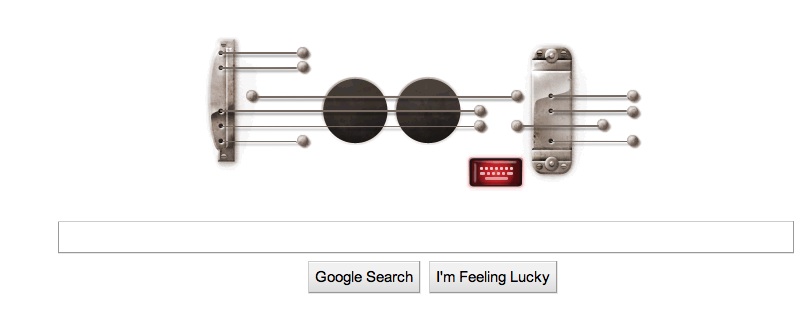Further to my Observer column about Kindlespam, I’ve been brooding on the subject.
The most obvious question is why Amazon doesn’t do something about it. After all, the Kindle is now the company’s key product, and the stench of corruption coming from Kindlespam must pose a strategic threat. Users can’t do much about it — other than by ignoring the avalanche of fake ‘eBooks’ on the site. And it’s very difficult (if not virtually impossible) for an author who suspects that his or her content is being ripped off to check, because she can’t inspect the content without buying and downloading the suspected rip-off. So any comprehensive trawl for infringing content would be prohibitively expensive and tedious. The only outfit that can check stuff before it’s published on the site is Amazon. So why aren’t isn’t the company doing it?
At first, I thought that Amazon’s rationale might be similar to the one Google takes on the issue of infringing or objectionable YouTube content: given that 48-hours’-worth of video is being uploaded every minute, it simply isn’t feasible to pre-scan stuff before it’s published. But Google will take it down on receipt of a complaint. That won’t get Amazon off the Kindlespam hook for two reasons: (1) Compared with video, pre-scanning of text is perfectly feasible, and computationally not that difficult; Amazon could easily do it. (2) Detection of infringing content in Kindlespam by rights holders is very difficult for the reasons outlined earlier, so while a take-down-upon-complaint policy is perfectly feasible, complaints will be much less frequent than they are on YouTube.
So we’re left with a puzzle. Pre-scanning for crap, spam and infringing content in Kindlespam is perfectly feasible — and indeed only Amazon can do it effectively. Yet it does not do it. Why?
One answer (suggested in my column) is that the company is making too much money from Kindlespam. (After all, Amazon get a 30 per cent slice on every bit of Kindlespam sold.) But another answer has just occurred to me. (I’m slow on the uptake.) If Amazon did pre-scan all the self-published stuff on the Kindle store, then it might have to take legal responsibility for the resulting content. It might have to take on the liabilities of a publisher, in other words.
So at the moment, Amazon is trying to have it both ways. It provides a platform (Kindle self-publishing) from which it rakes in dosh, but takes no responsibility for the avalanche of crap that the platform enables. Experience with conventional spam suggests, though, that this can’t continue: in the end the textual bindweed will choke the plant. And then what will Amazon do?
LATER: Behind all this is the whole problem of so-called content-farms — some of which are now probably using the Kindle as one of their outlets. They have been a scourge of the Web for a while, because essentially they are parasitic on Google’s AdSense system. The company has finally responded to the problem in classic Google style — with an algorithm, codenamed Panda. Virginia Heffernan has a good piece about this in today’s NYT. The headline — “Google’s War on Nonsense” — says it all.

